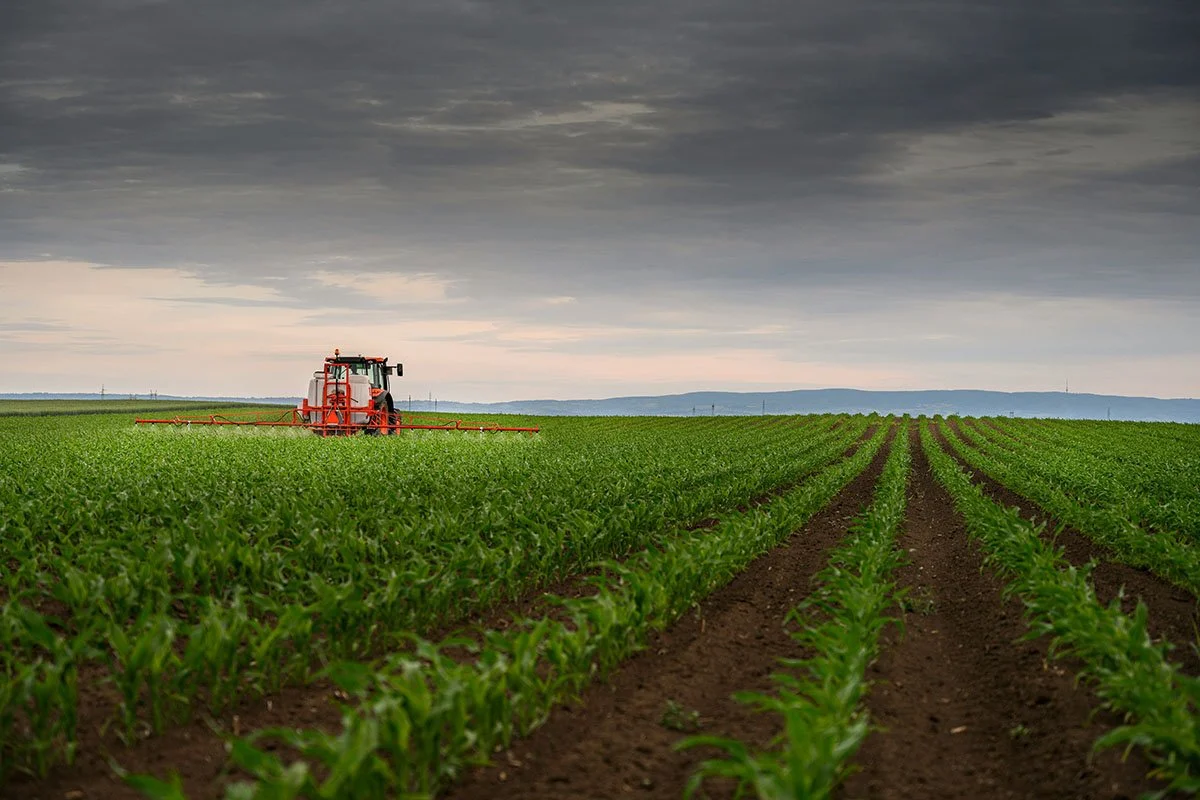‘No farms, no food:’ CPC MP Rood
‘If we do not support Canadian farmers, we will have less food and higher prices, full stop,’ says Conservative MP Lianne Rood.
Banning plastic in the food packaging industry is an example of how government policies can unintentionally harm rural Canada, says Conservative MP Lianne Rood.
Speaking from her perspective as a farmer, she emphasized the connection between agricultural policy and food prices. “No farms, no food,” she said last month during an opposition day motion calling on the government “to stop taxing food by eliminating: (a) the industrial carbon tax on fertilizer and farm equipment; (b) the inflation tax (money-printing deficits); (c) carbon tax two (the so-called clean fuel standard); and (d) the food packaging tax (plastic ban and packaging requirements).”
Conservative MP Lianne Rood grew up on a farm and still operates one today. / HOUSE OF COMMONS PHOTO
During her speech in favour of the Conservative motion, Rood said: “If we do not support Canadian farmers, we will have less food and higher prices, full stop. The Liberals’ poor policies on the carbon tax, fertilizer tariffs, carbon tax 2, the clean fuel standards, plastic packaging bans and red tape have punished farm families working on the thinnest of margins. The Liberals have piled costs onto producers, haulers and processors and then acted shocked when prices rise at the till.”
Rood discussed the role of food packaging in maintaining quality along Canada’s long supply chains. “In committee rooms and on plant floors across Ontario, I have seen how safe, modern packaging prevents waste, extends shelf life and keeps costs lower for consumers,” she said. “Long-haul supply chains need reliable packaging to preserve the quality and safety of the food. When activists force rushed bans or label essential materials as toxic, they do not make food cheaper; they make it more expensive and more likely to spoil.”
Pros of plastic packaging
She noted that banning the plastic packaging does not necessarily address climate change. “Smart packaging isn’t the villain; it is the reason your lettuce is not soup by Tuesday. By banning plastics or replacing them with heavier, leakier alternatives, we do not get greener; we get more waste and more emissions,” she said.
Additionally, it could also raise the price of food during a time when Canadians are concerned about affordability. She said in her riding of Middlesex—London, Ont., families of four are projected to spend over $800 more on groceries than last year.
Rood also noted the strain on food banks in her riding, saying, “Local headlines have reported crowded food bank drives, community cupboards running at capacity and frontline volunteers stretched thin. When a mother tells us she has learned to ration fruit for her kids, we do not forget it. Across Canada, the story is the same.”
During the debate, Bloc Québécois MP Yves Perron asked about the potential effect of eliminating the carbon tax on grocery prices. Rood explained, “When the government continues to have a commercial carbon tax on fuel for trucks that transport our food … all the added fuel cost adds cost to the food itself. It is no wonder that when food arrives at the grocery store, retailers have to put up the price, because the price has gone up all along the value chain and the supply chain before it ever reaches the consumer at the grocery store.”
Parliamentary Secretary Karim Bardeesy, responding for the government, emphasized ongoing affordability measures such as the GST holiday, child care initiatives, the Canada dental care plan, pharmacare and the national school food program. He noted that the government has also taken steps to cancel the consumer carbon tax and adjust income tax rates.
“In this opposition day motion, there are four measures the party opposite wants us to take. It seems to me that they want us to abandon our climate change initiatives, our climate change ambitions. While I have been here for almost five months, I have not heard an effort to tackle climate change that the party opposite does like,” he said. “The party opposite wants to further degrade the measures we do have, in exchange for affordability measures. I know the residents of Taiaiako'n—Parkdale—High Park and the constituents of many on not only this side but the other side of the aisle believe we can do both, that we can have affordability and we can have climate change action.”
The motion did not pass.


